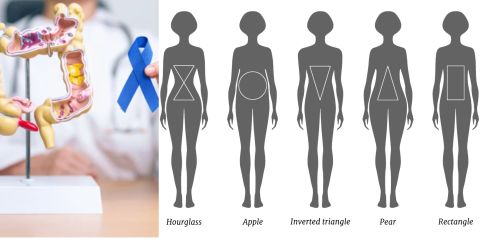ALBAWABA Dr. Christopher Kerr, a palliative care physician from Buffalo, New York, has dedicated his career to studying what happens at the end of our lives. Despite the general discomfort with the topic of death, Kerr embraced it, following the footsteps of his family to become a physician.
After obtaining both a Doctorate of Medicine and a PhD in Neurobiology, Kerr began to research the dreams and visions people experience as they near the end of their lives.
His work studying hospice patients led him to the realization that end-of-life experiences differ greatly between adults and children.
Kerr observed that children, due to their limited understanding of death, often find comfort in their final days through imagination, while adults tend to experience visions or memories that help them come to peace with the life they've lived.
During an interview on the Next Level Soul podcast, Kerr shared one such example, saying, "We had a guy who is in his 40s, who had spent most of his life in prison. He had drug addictions and he had had neck cancer."
He described the patient as dreaming, joking, and being very jovial, but then transitioning to a state of distress as he experienced horrible dreams of being stabbed by all the people he had hurt. However, the man eventually found solace. "
But then when he comes out of it, he asked to see a daughter that he wants to express his love towards, and apologize.And after that he died peacefully."
Kerr doesn't believe that patients are merely 'denying the bad things and the painful things', but rather they're able to 'address them and use them in a way that's very interesting.'
He reinforced his claim with another story of a patient who had been involved in the invasion of Normandy when he was a teenager, and had developed PTSD.
Kerr described the man having 'horrific' visions after he arrived at the hospice which prevented him from getting any rest. "You can't die really unless you can sleep," Kerr explained. "It's pretty hard to do because you just pass in sleep."
When the patient did manage to sleep, he woke up and described a 'great dream' where he relived getting his discharge papers. "A soldier who he didn't know came up to him and said, "No, we're going to come get you,"' Kerr said.
After that, the man fell asleep and passed away. "So that sense that he had abandoned people had gone full circle," Kerr continued.
Children, on the other hand, may not know anyone who has died previously, and so often see animals who assure them they're 'not alone', Kerr claimed. "Children are creative and imaginative and can access that part of them," he said.
In conclusion, Dr. Christopher Kerr’s research sheds light on the fascinating and often comforting experiences of individuals as they approach the end of their lives.
These insights offer not only a deeper understanding of death but also the possibility of providing comfort and peace to those in their final days. By embracing these experiences, we may find a different perspective on the inevitable.








